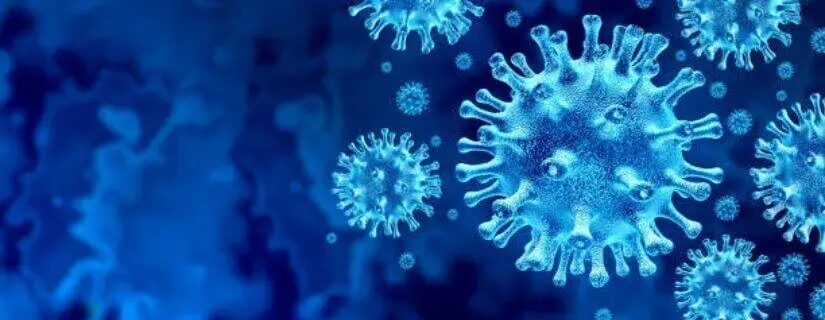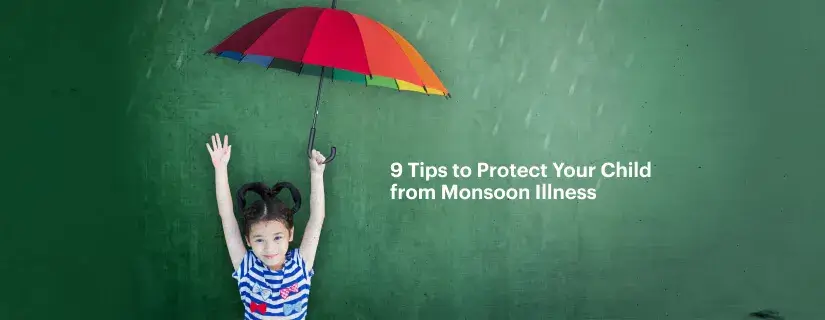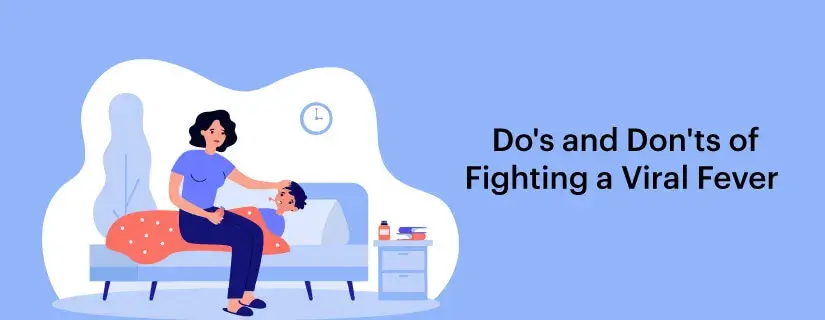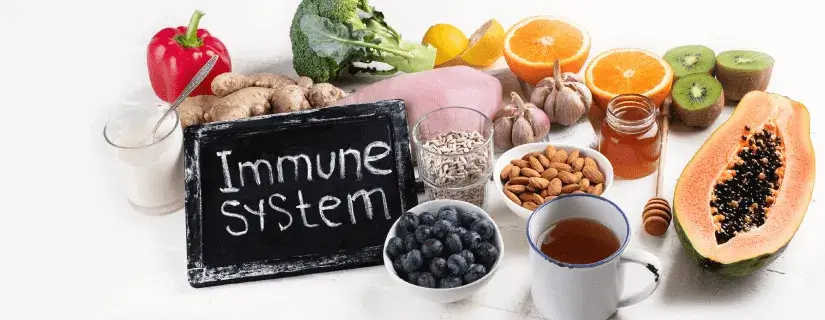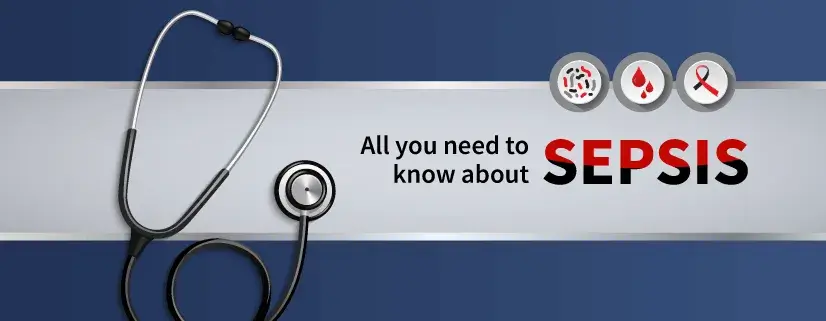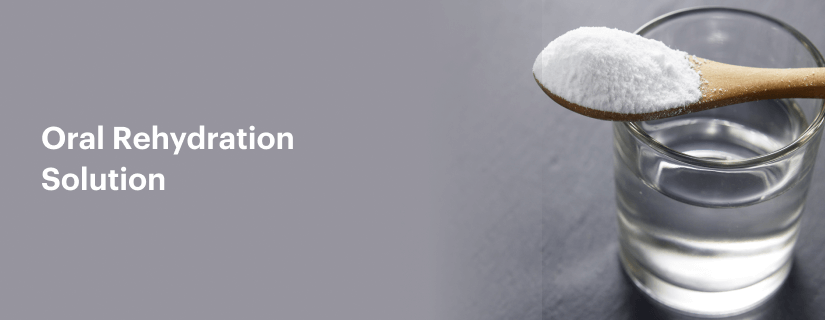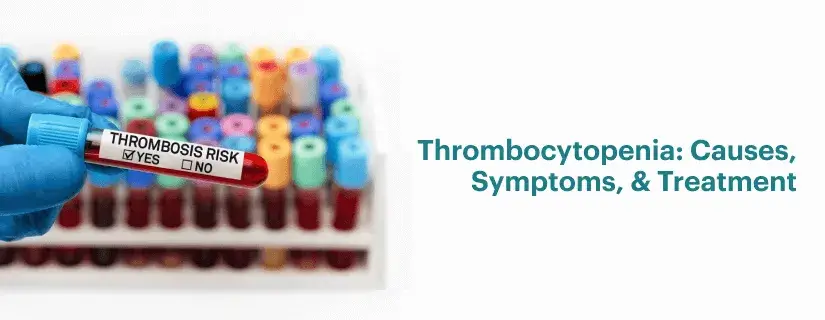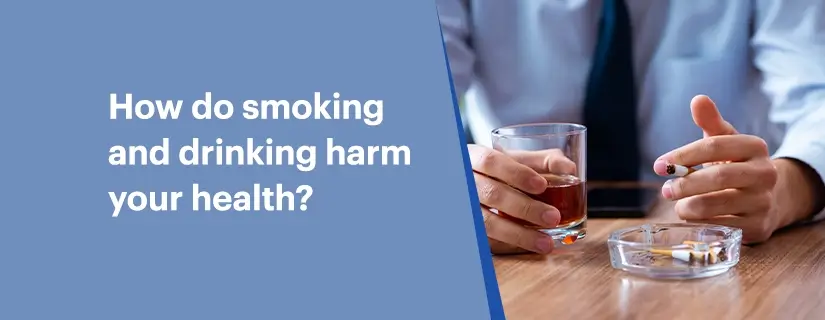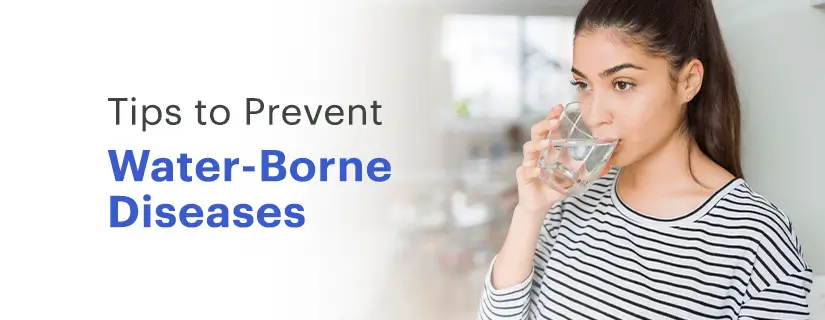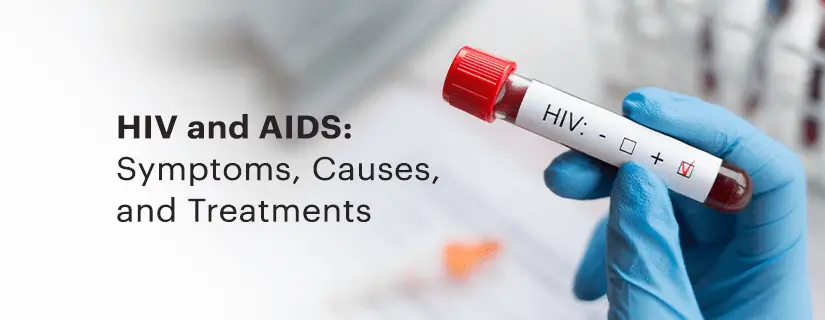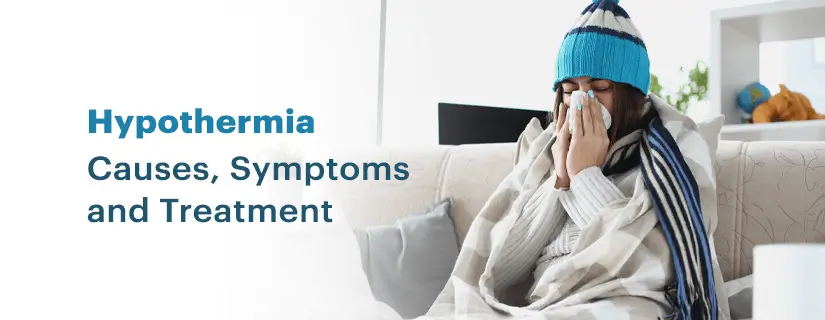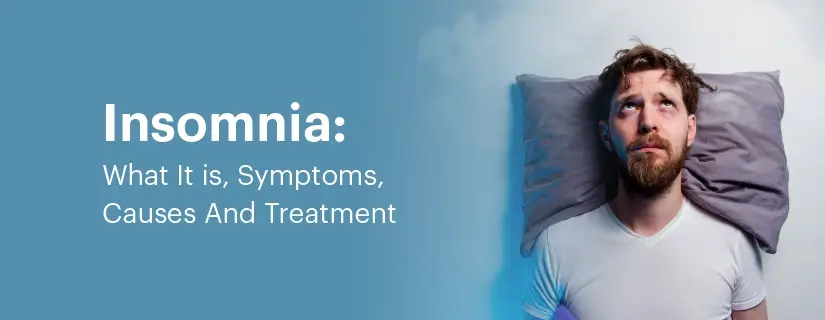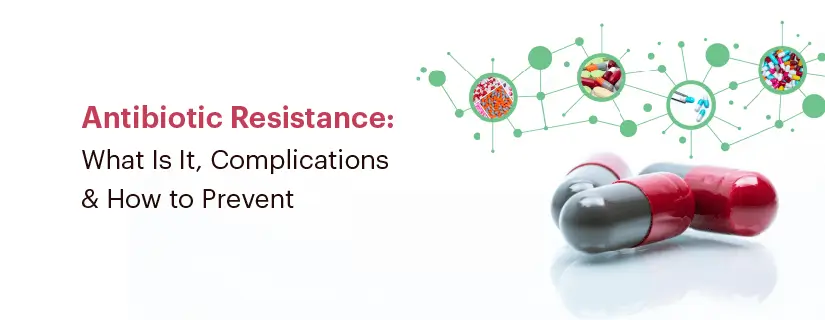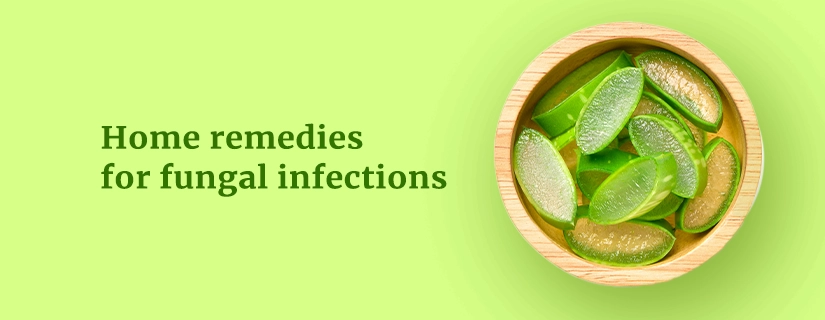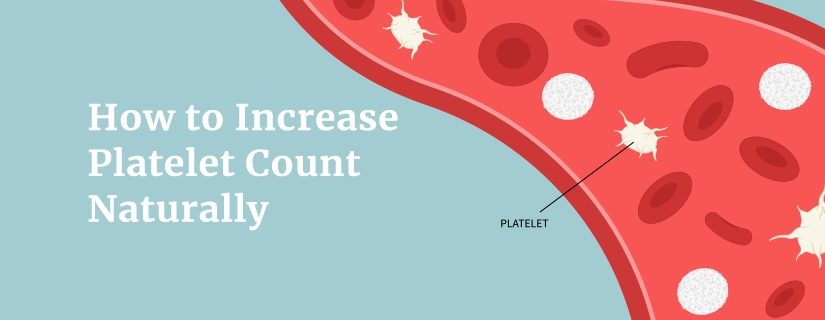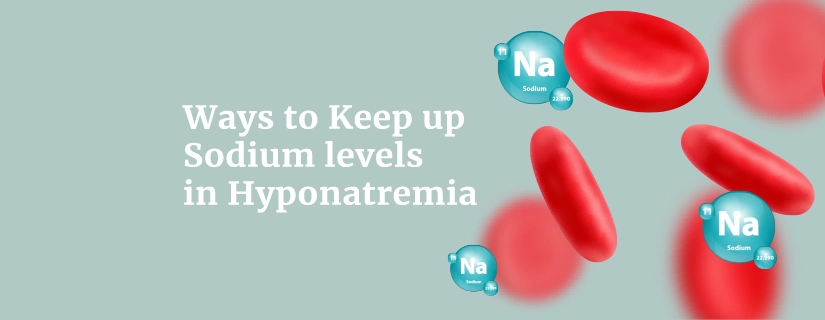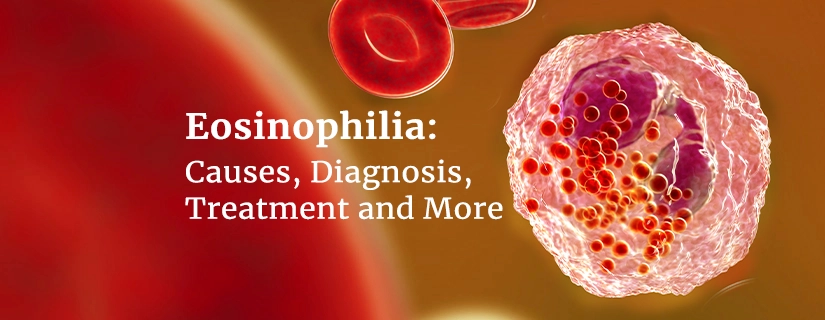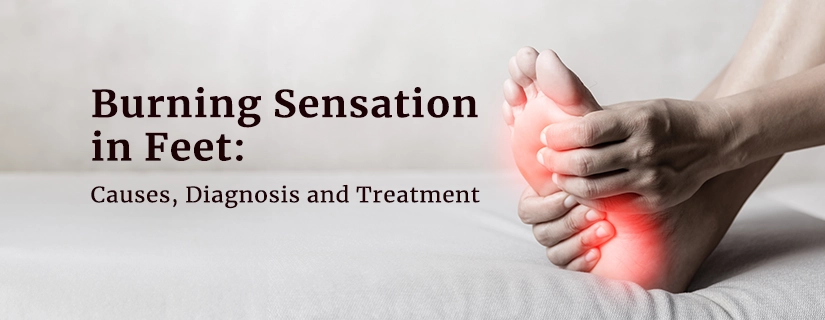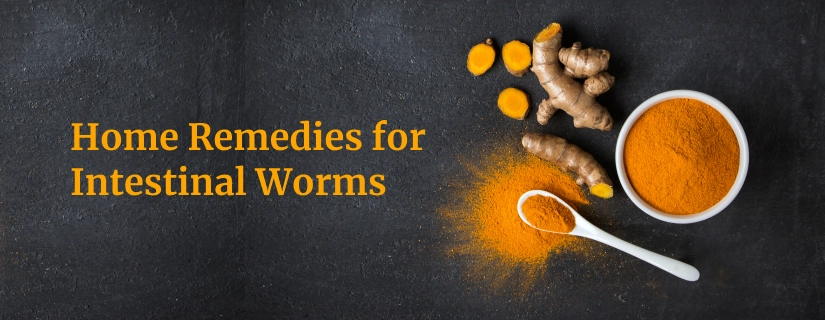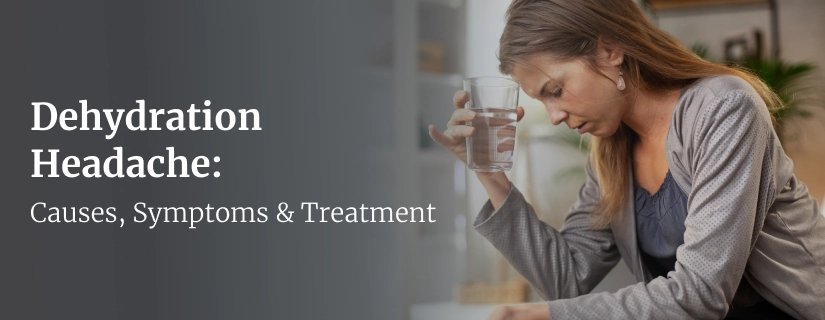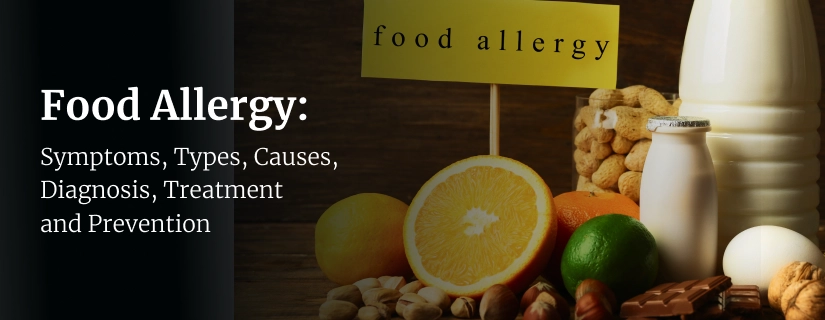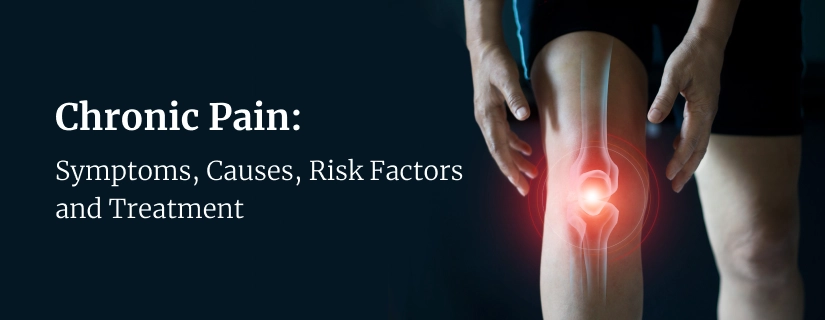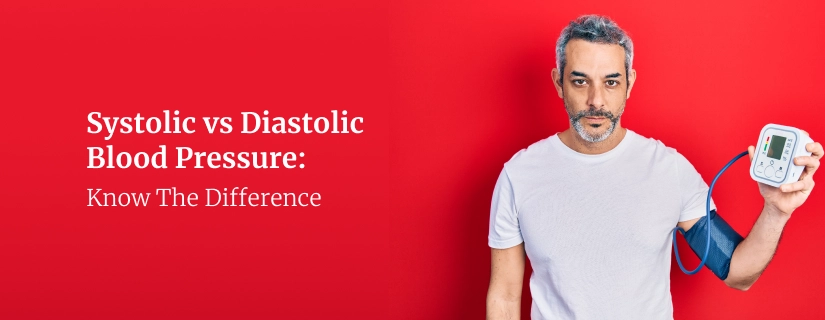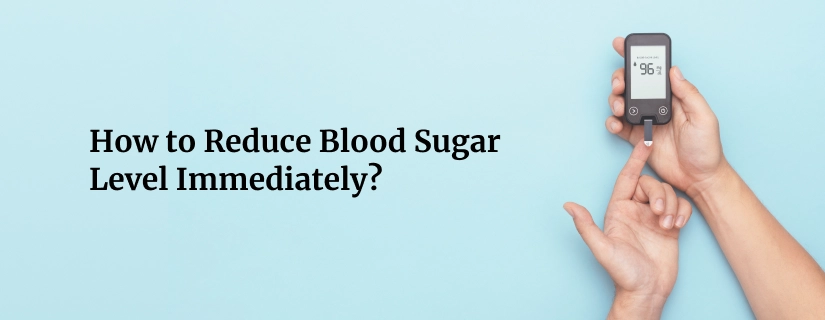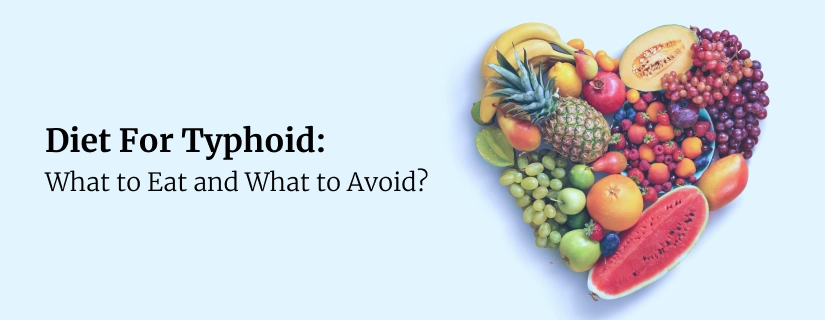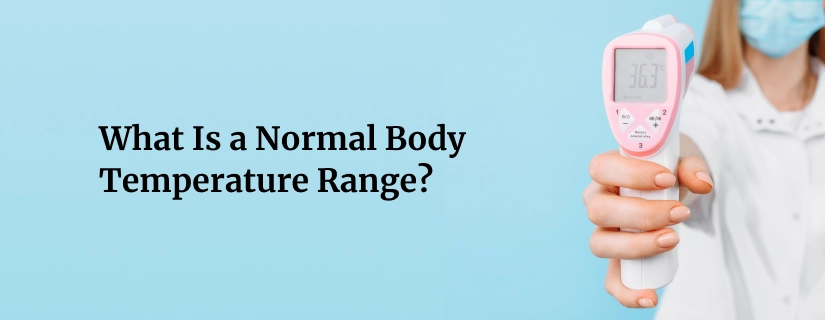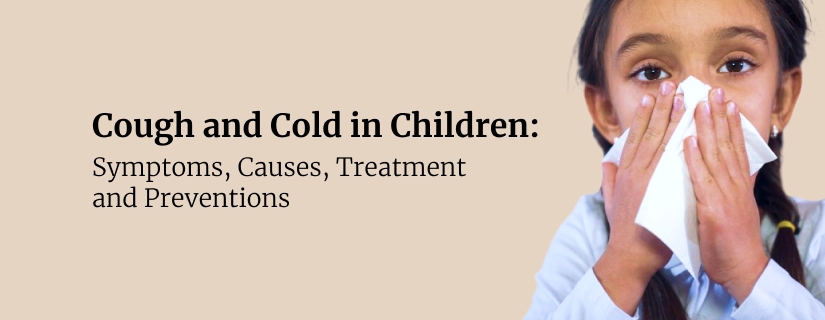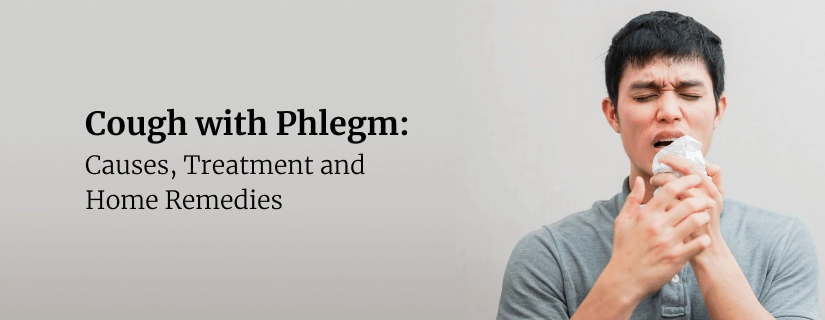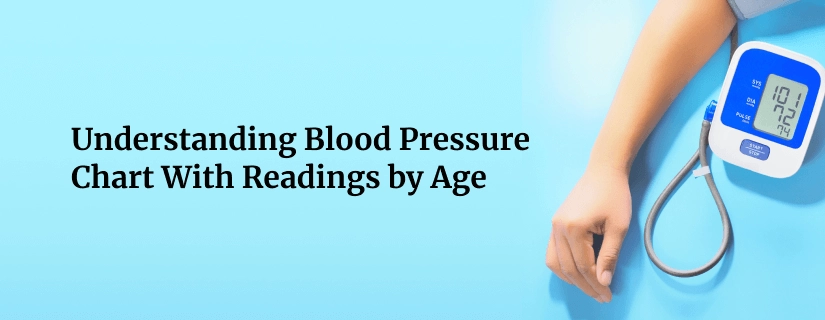-
Doctors
-
Specialities & Treatments
Centre of Excellence
Specialties
Treatments and Procedures
Hospitals & Directions HyderabadCARE Hospitals, Banjara Hills CARE Outpatient Centre, Banjara Hills CARE Hospitals, HITEC City CARE Hospitals, Nampally Gurunanak CARE Hospitals, Musheerabad CARE Hospitals Outpatient Centre, HITEC City CARE Hospitals, Malakpet
HyderabadCARE Hospitals, Banjara Hills CARE Outpatient Centre, Banjara Hills CARE Hospitals, HITEC City CARE Hospitals, Nampally Gurunanak CARE Hospitals, Musheerabad CARE Hospitals Outpatient Centre, HITEC City CARE Hospitals, Malakpet Raipur
Raipur
 Bhubaneswar
Bhubaneswar Visakhapatnam
Visakhapatnam
 Nagpur
Nagpur
 Indore
Indore
 Chh. Sambhajinagar
Chh. SambhajinagarClinics & Medical Centers
Book an AppointmentContact Us
Online Lab Reports
Book an Appointment
Consult Super-Specialist Doctors at CARE Hospitals
Most Common Monsoon Diseases and thier Prevention
Updated on 10 November 2022
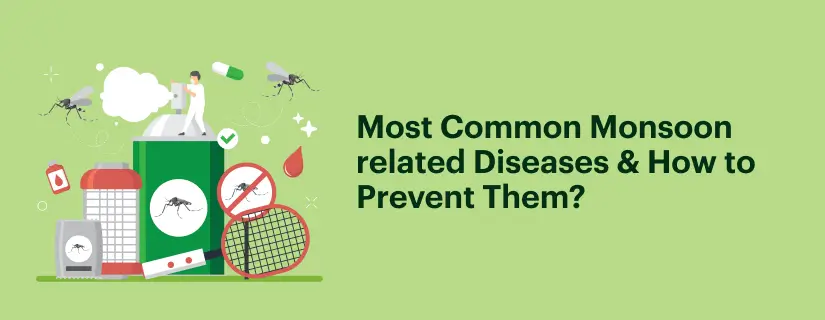
Table of Content
Monsoon is the season when everything gets sticky (well humidity increases and most of the vicinity is wet). This season is loved by some people and troublesome for others. For instance, it might be good as there is fresh air all around during the monsoon season. Well, monsoon is not just about good and fresh air, it also comes with some health issues as well. Monsoon brings in a lot of health problems like cold, cough, flu, fever, etc.
It is evident that as the weather changes from humid to rainy, the body also undergoes changes according to it. Cough and cold are normal body issues. But there are some serious ailments that come with the monsoon, like cholera, chikungunya, malaria, etc. Mosquitoes are mainly responsible for the outbreak of several deadly diseases. This article covers some of the most serious diseases that can occur during monsoons.
Deadly Monsoon Diseases
Here are some deadly monsoon diseases:
1. Dengue
Dengue is the most common disease that one might get in the monsoon. It is spread by the tiger mosquito, also called Aedes Egyptii, a mosquito that breeds in fresh water and is a day-biter.
It is always suggested to apply a repellent gel to keep away such mosquitoes that bite you and transfer disease-causing pathogens. The most common symptoms of dengue include high fever, rashes, headache, low platelets, hypersensitivity, and swollen lymph nodes.
2. Chikungunya
Chikungunya is caused by mosquitoes that reside in stagnant water. This disease is spread through mosquitoes in coolers, plants, water pipes, etc. Chikungunya directly attacks your joints and causes acute pain in them. Some other symptoms include fatigue, chills, high fever, joint pain, etc.
3. Stomach Infection
Stomach infections are common when one eats unhygienic food or has less liquid products. Gastroenteritis is a common stomach infection that is caused during monsoon. Several medications are provided to overcome this situation. The symptoms of this stomach infection are fever, feeling nauseous, vomiting, diarrhoea etc.
4. Malaria
In rains, there is a never-ending issue of water discharge. The water gets clogged during the monsoons which serve as a breeding ground for mosquitoes. In malaria, the whole body gets pale and the person suffers from a very high fever and body aches. Other symptoms include sweating, experiencing chills, having severe anaemia, etc.
5. Cholera
Cholera is also a common disease that is caused due to the overconsumption of contaminated food and water. People who have poor sanitation and hygiene can also contract cholera. A person suffering from cholera needs immediate treatment because it can cause death within a few hours. The symptoms of cholera include low blood pressure, rapid heart rate, feeling thirsty, losing skin elasticity, and muscle cramps.
6. Typhoid
Typhoid is a highly contagious disease that occurs in monsoons. This disease is also caused by consuming contaminated food and water. It is not deadly like cholera but it requires sudden medication and medical care. The symptoms of typhoid include prolonged high fever, weakness, constipation, abdominal pain, puking, headaches, etc.
7. Viral Fever
Fever is a very common ailment that lasts throughout the year. But it becomes more prominent in the monsoons because of the sudden change in weather. One requires medication if he/she feels dizzy, weak in the body, has chills, muscle pain, joint pain, etc. Inflammation of the pharynx is also one of the major symptoms of viral fever.
8. Diarrhoea
Diarrhoea is a health issue that can range from a temporary condition to a life-threatening one. Diarrhoea can be caused due to the consumption of unhygienic food and water. The early symptoms include watery stools, abdominal cramps, nausea, bloating, and blood in the stool. If you are experiencing any of these symptoms, it is essential to consult a doctor before the disease becomes a life-threatening one!
9. Influenza
Influenza happens when the weather changes and there is a fluctuation in temperature. One needs to protect themselves from catching influenza because it can turn into a viral infection and can be contagious, thereby transferring from one person to another. The symptoms are fever, muscle ache, excessive sweating, nasal congestion, sore throat, prolonged dry cough, and headache.
10. Leptospirosis
Though not that common, this disease is transferred from animals to humans. If you have some open bruises or cuts, then you can get this infection. It is better to cover the bruises to avoid getting leptospirosis, or any other infection as a matter of fact. This ailment can be caused during monsoon because the skin is prone to water logging. The symptoms of this disease are red eyes, diarrhoea, muscle cramps, rashes, fever, etc.
Prevention Tips
It is essential to take care of oneself during this season as the weather changes suddenly and sometimes the body is not able to cope with it. Here are some monsoon disease prevention tips that will help one get relief from these diseases.
- Remove stagnant water, if there is in your home and ensure that there is ample ventilation at all times.
- Get mosquito nets and use a mosquito repellent cream.
- Drink boiled/purified water, and wash fruits and vegetables in it.
- Get the kids vaccinated and make sure they wash their hands and feet after coming from outside.
- Refrain from consuming roadside food during monsoons.
- Cover the food made at home with a lid.
- Maintain a healthy diet and include herbal teas in it.
- Eat freshly washed and boiled vegetables.
- Limit the intake of fats and oils.
- Avoid dairy products as they may contain bacteria and other germs.
- Follow hygienic habits like drinking herbal teas
- Practice yoga and meditation to prevent the disease from contracting
- Do breathing exercises regularly to increase lung capacity
By following these tips and tricks, one can easily prevent these diseases. Drinking boiled water upon waking up is also a healthy habit that must be followed irrespective of the season and weather.
The diseases mentioned above are easy to treat at home. But some ailments can prove to be life-threatening, if not treated in time. Therefore, it is essential to visit a doctor from one of the best hospitals when one feels that the home remedies are not responding positively. Consult a doctor right away if you feel the symptoms are getting worse.

ENQUIRY FORM
SELECT CATEGORIES
-
Neurosciences (16)
-
Neurology (38)
-
Neurosurgery (14)
-
Orthopaedics (48)
-
Oncology (33)
-
Obstetrics and gynecology (52)
-
Pulmonology (23)
-
Urology (20)
-
Nephrology (13)
-
Psychiatry (7)
-
Dietetics and Nutrition (111)
-
General Medicine (63)
-
Cardiac Sciences (32)
-
Vascular & Endovascular Surgery and Interventional Radiology (15)
-
Gastroenterology (46)
-
Endocrinology (23)
-
Plastic Surgery (10)
-
Critical Care Medicine (5)
-
COVID-19 (16)
-
Dermatology (16)
-
Emergency Care (1)
-
Ophthalmology (4)
-
Pediatrics (14)
-
Laparoscopic and Bariatric Surgery (8)
-
ENT (15)
-
Kidney Transplant (1)
-
Liver Transplantation and Hepatobiliary Surgery (5)
-
General Surgery (3)
-
Internal Medicine (5)
-
Medicine Information
Causes & Natural Ways to Lower Blood Pressure
Benefits of Immunisation
YOU MAY ALSO LIKE
RECENT BLOGS
-

Rotablation Angioplasty: Benefits, Treatments, And Recovery Time
6 February 2026
Read More
-

What Is The Difference Between IUI and IVF?
6 February 2026
Read More
-
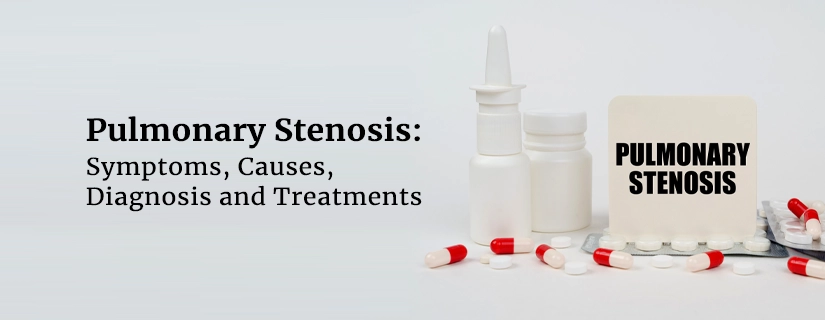
Pulmonary Stenosis: Symptoms, Causes, Diagnosis and Treatments
6 February 2026
Read More
-

Difference between Angioplasty and Angiography
6 February 2026
Read More
-
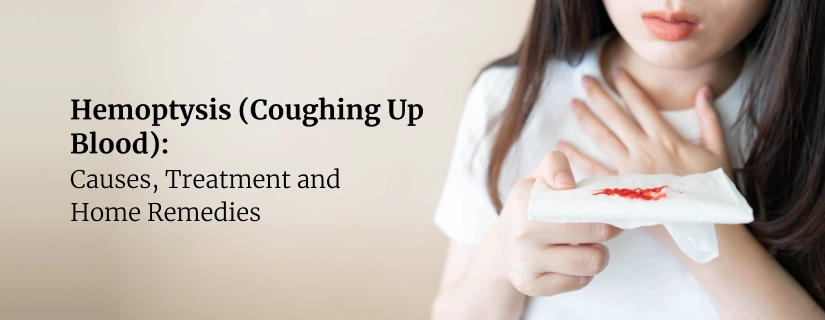
Hemoptysis (Coughing Up Blood): Causes, Treatment and Home Remedies
2 February 2026
Read More
-
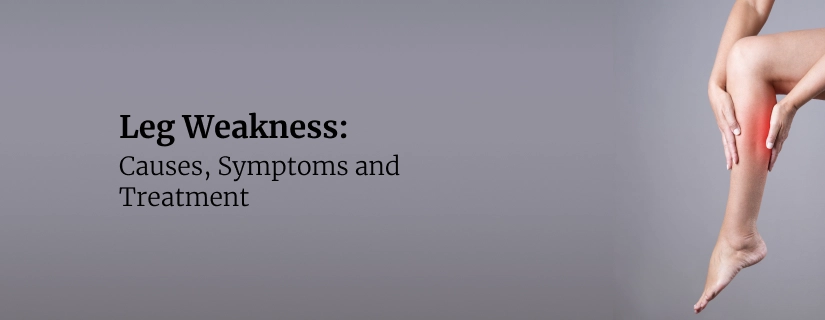
Leg Weakness: Causes, Symptoms and Treatment
9 January 2026
Read More
-

Back Pain After C-Section: Causes and Home Remedies
9 January 2026
Read More
-

Belly Button Pain (Periumbilical Pain): Causes, Treatment and When to See a Doctor
9 January 2026
Read More
Have a Question?
If you cannot find answers to your queries, please fill out the enquiry form or call the number below. We will contact you shortly.



